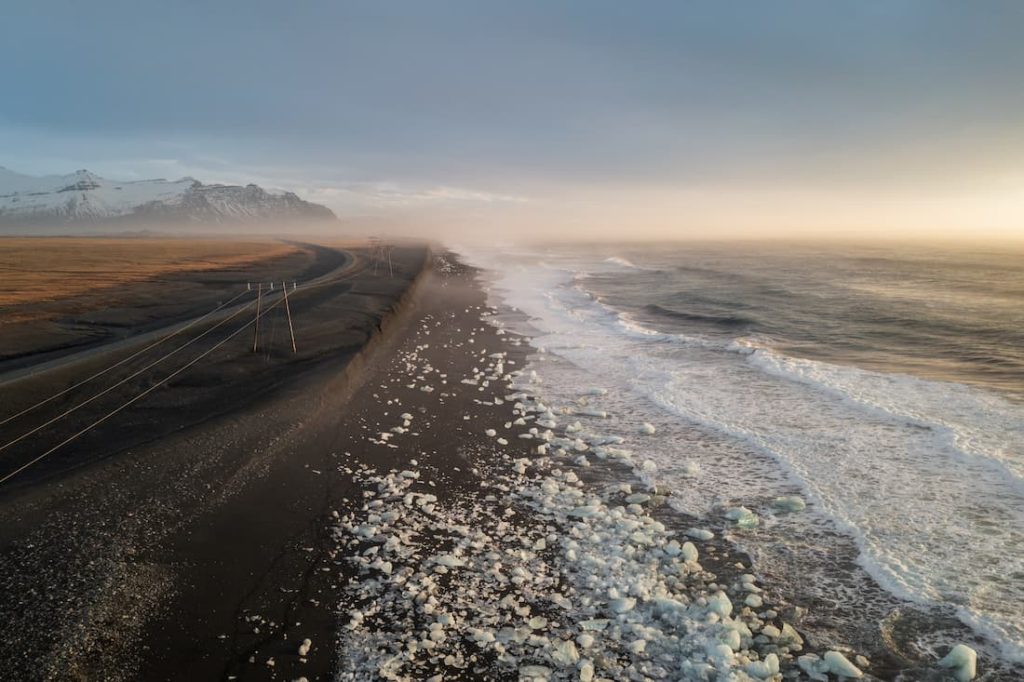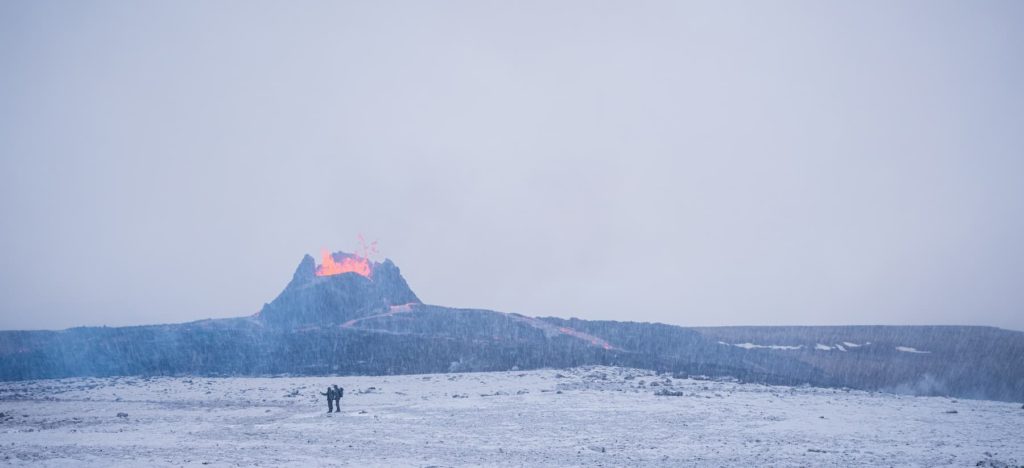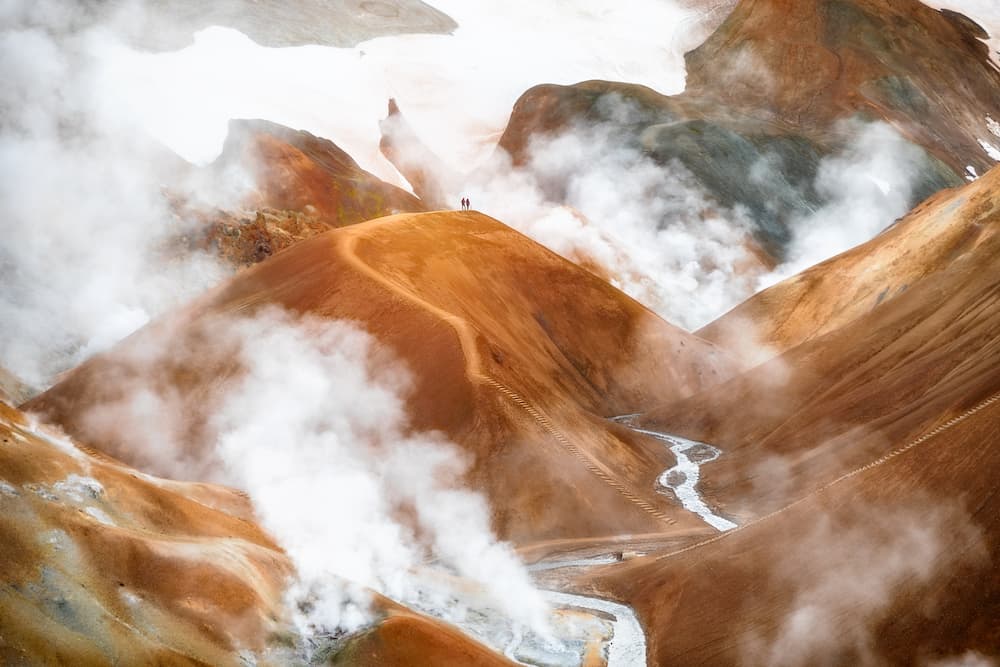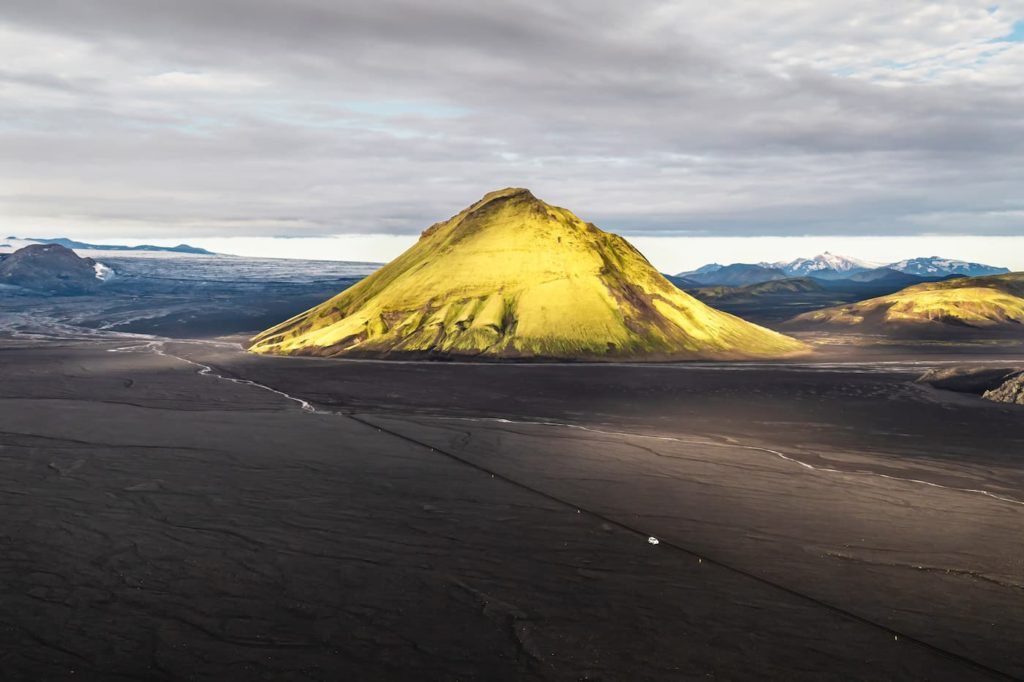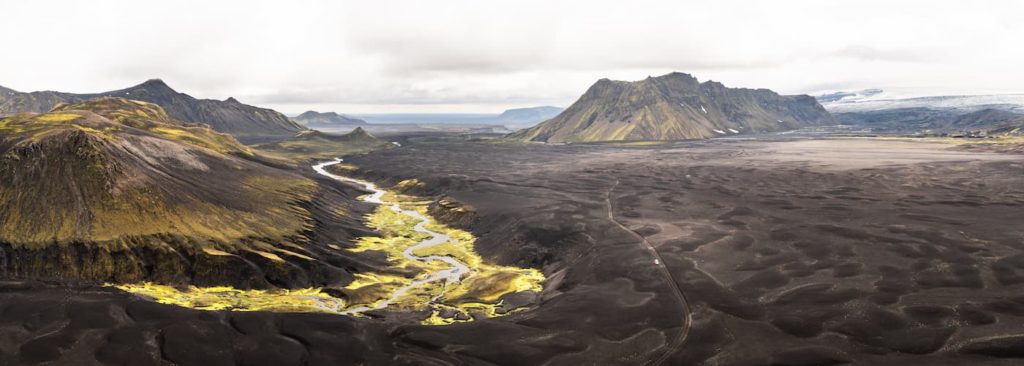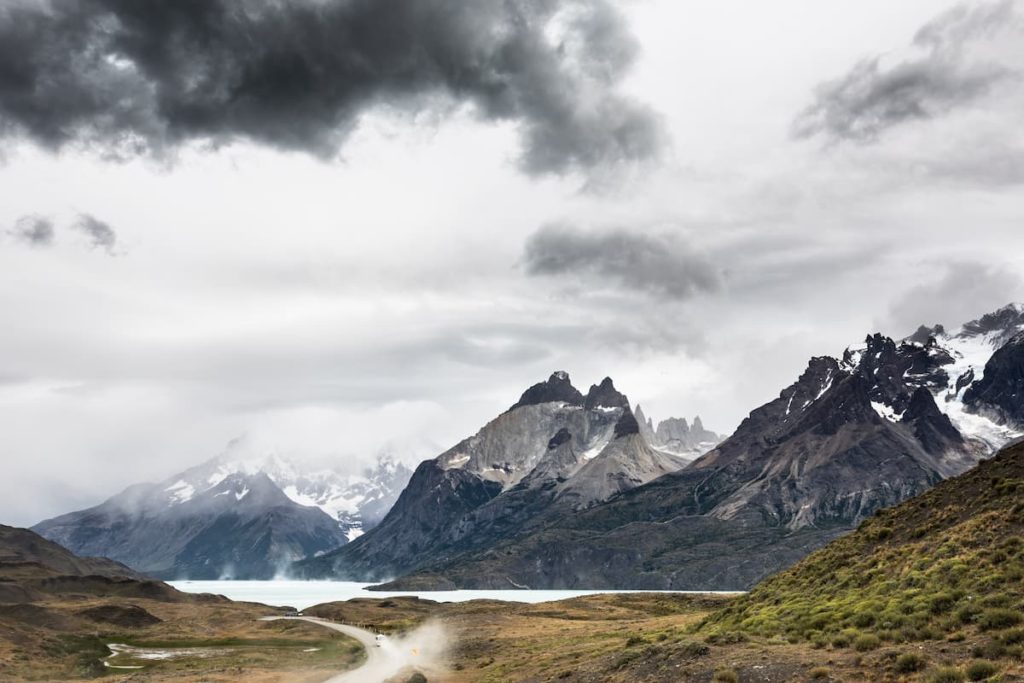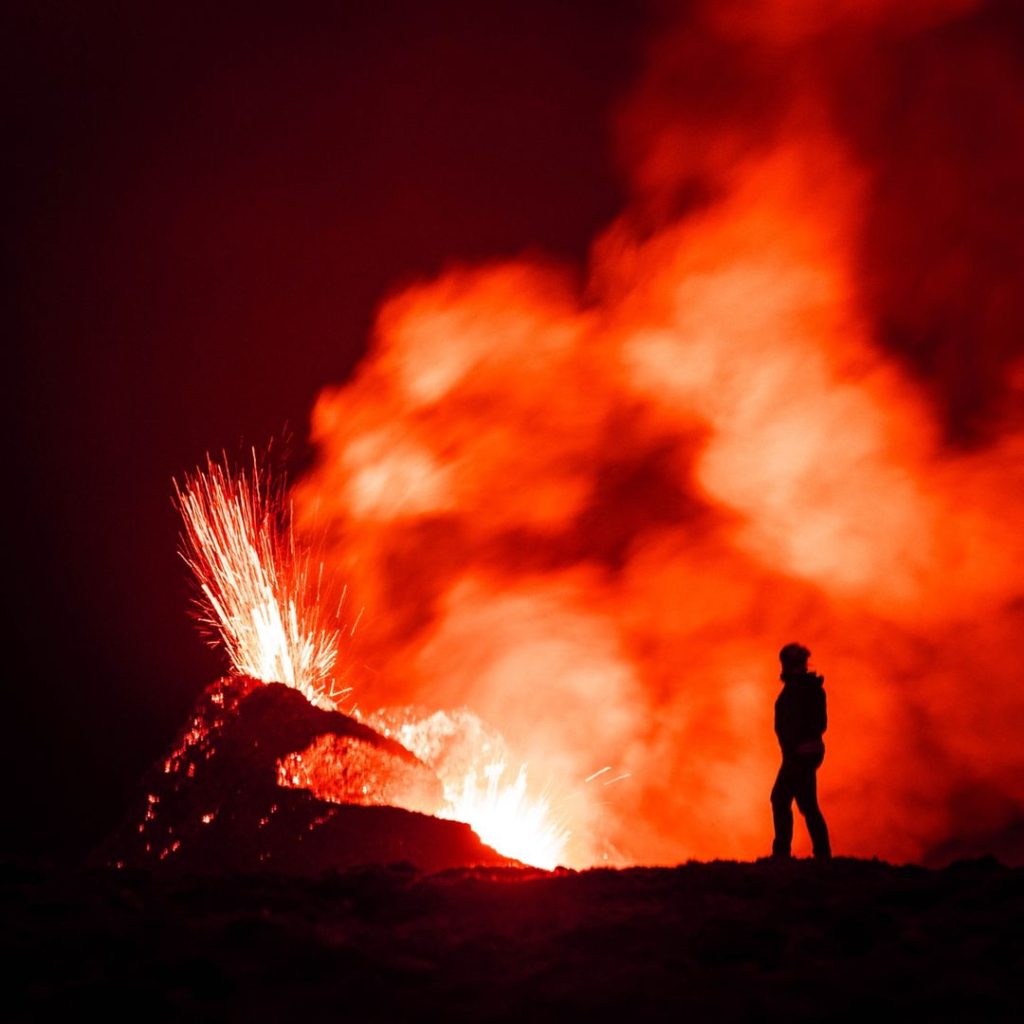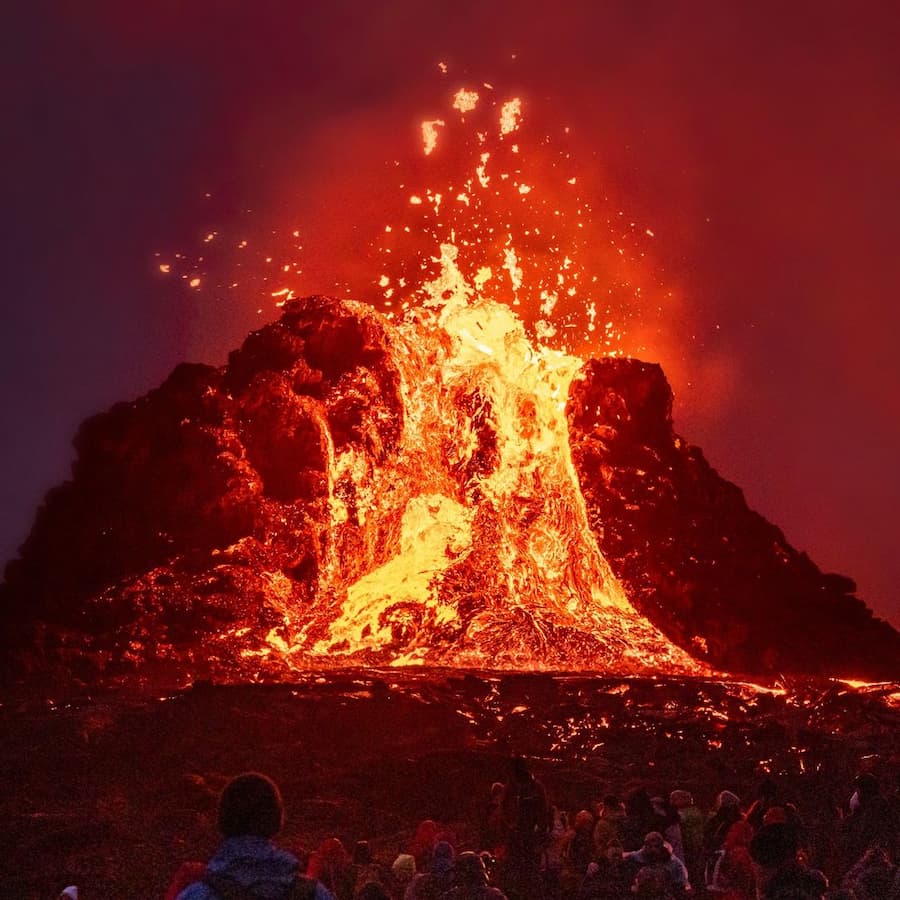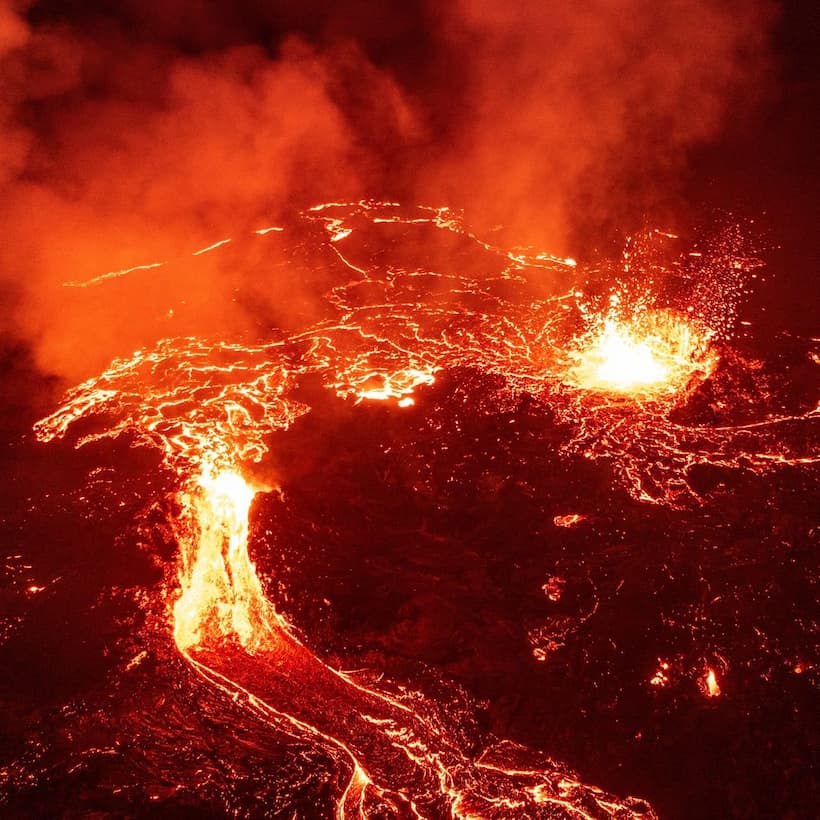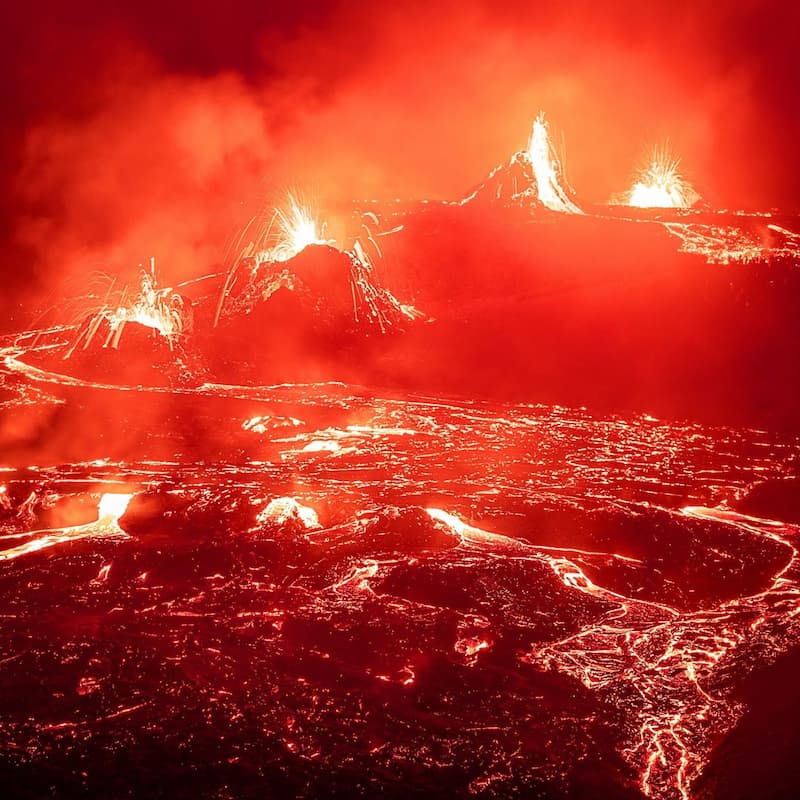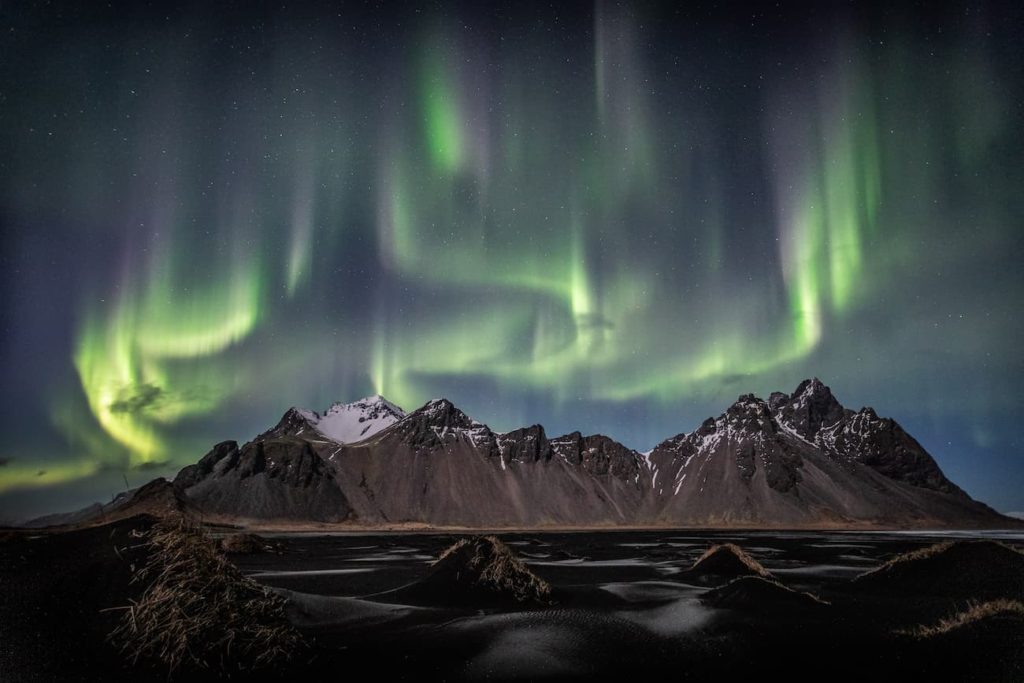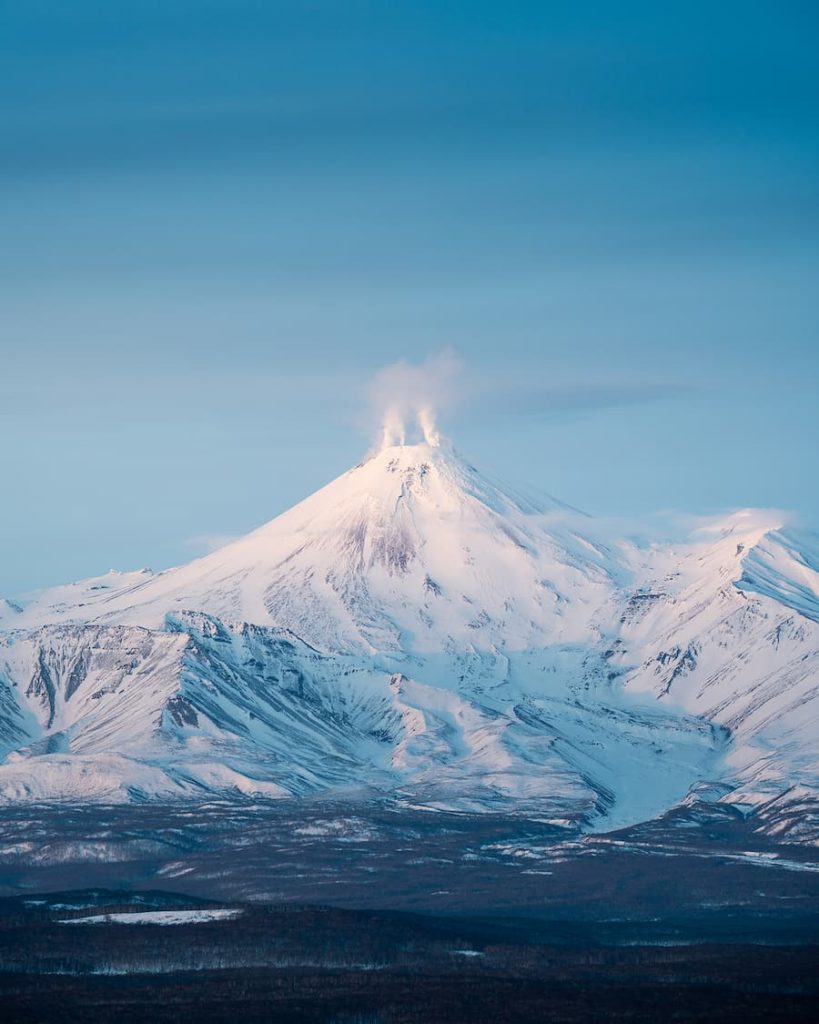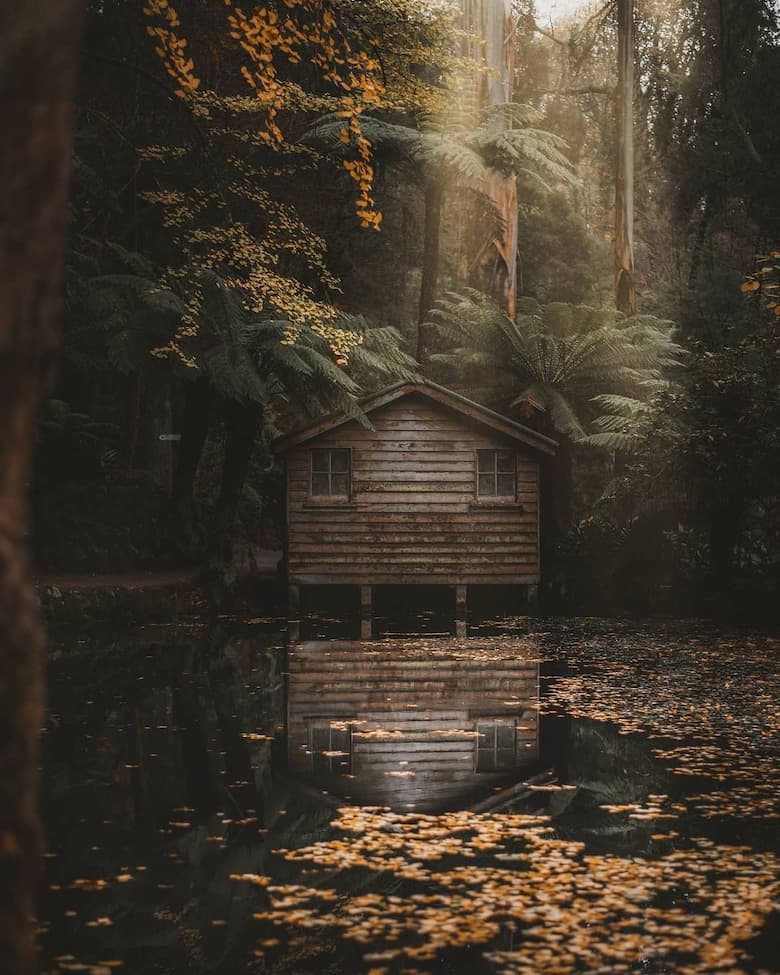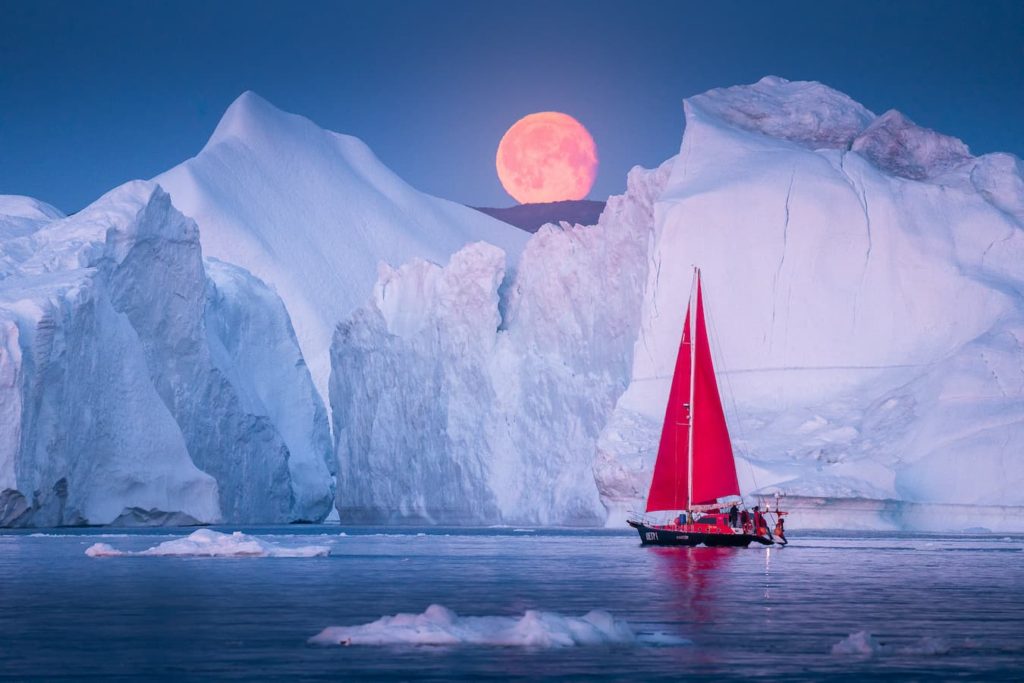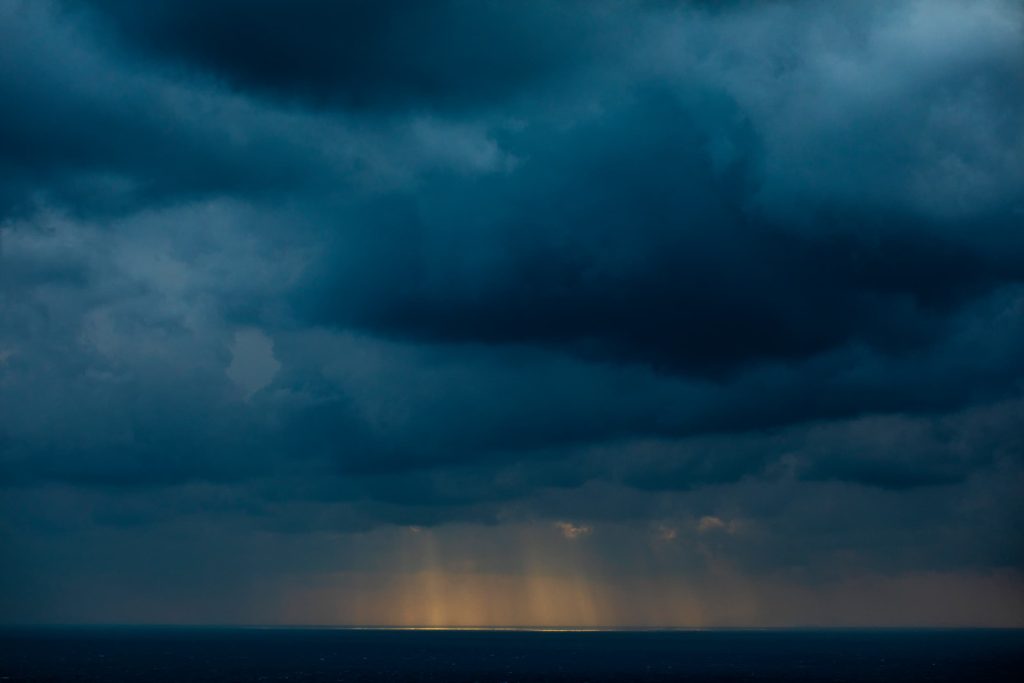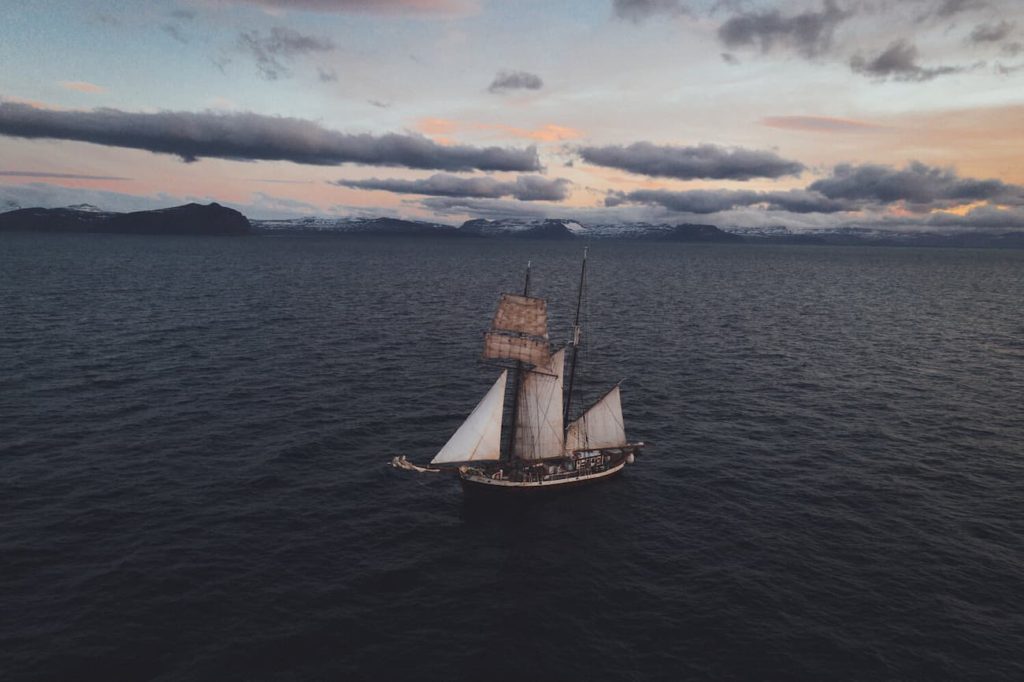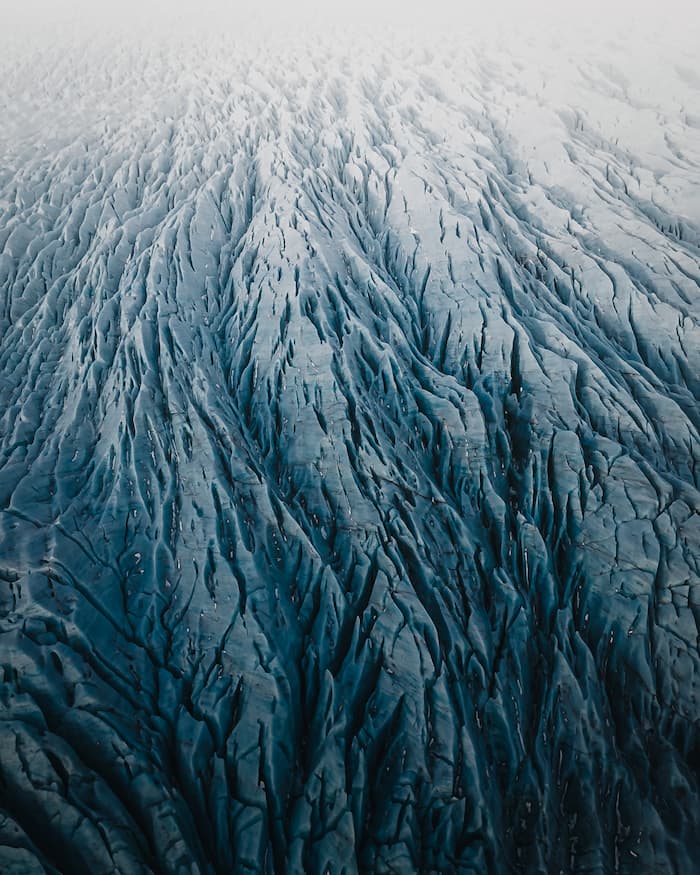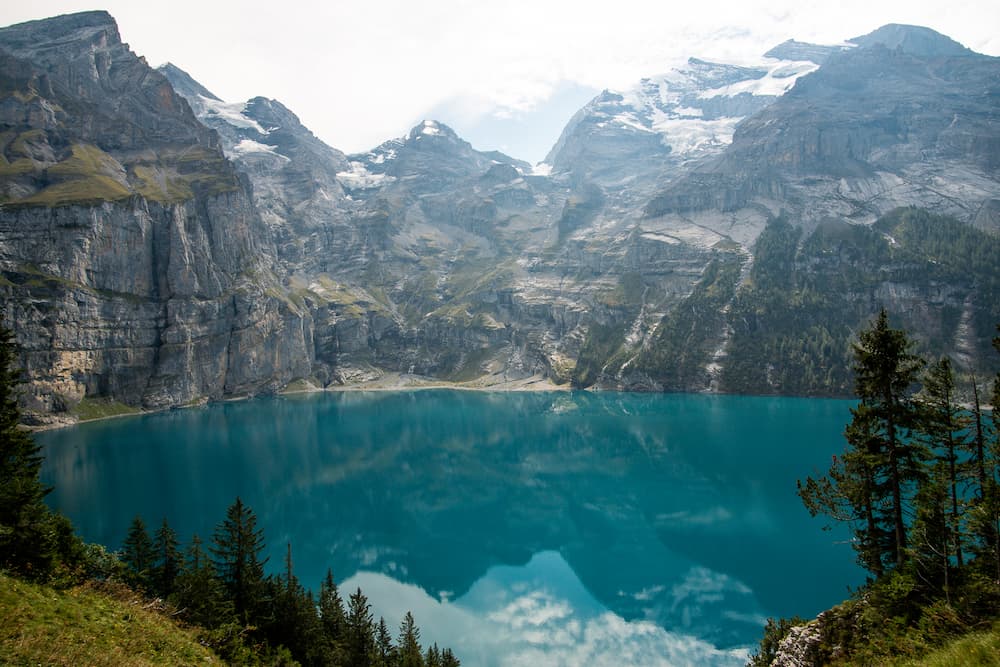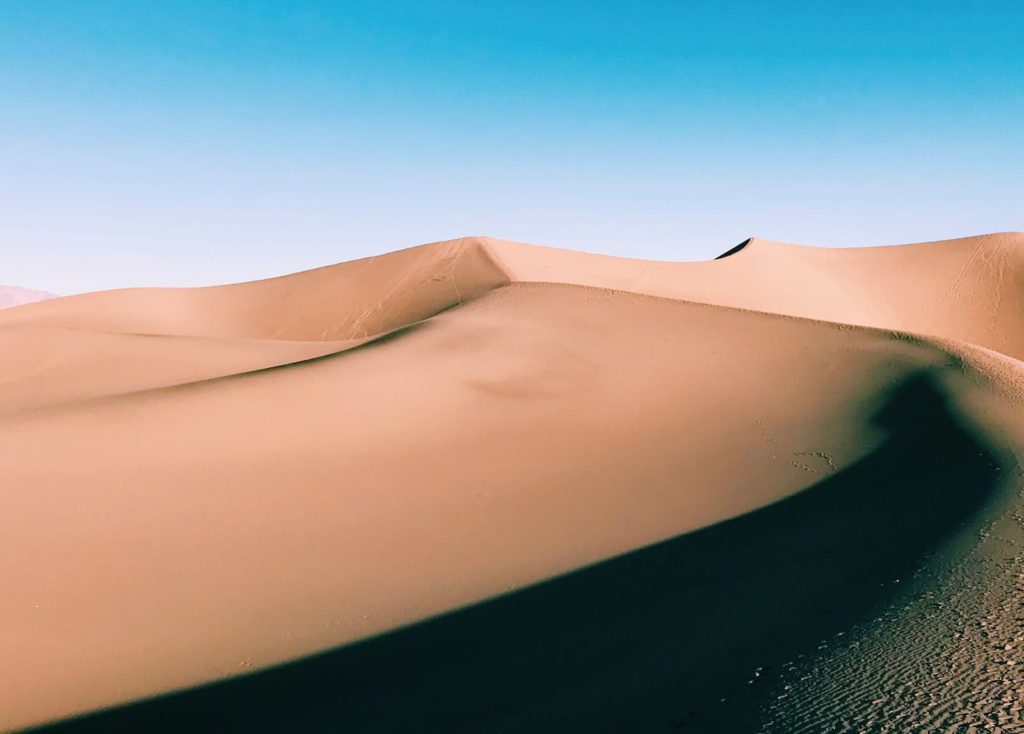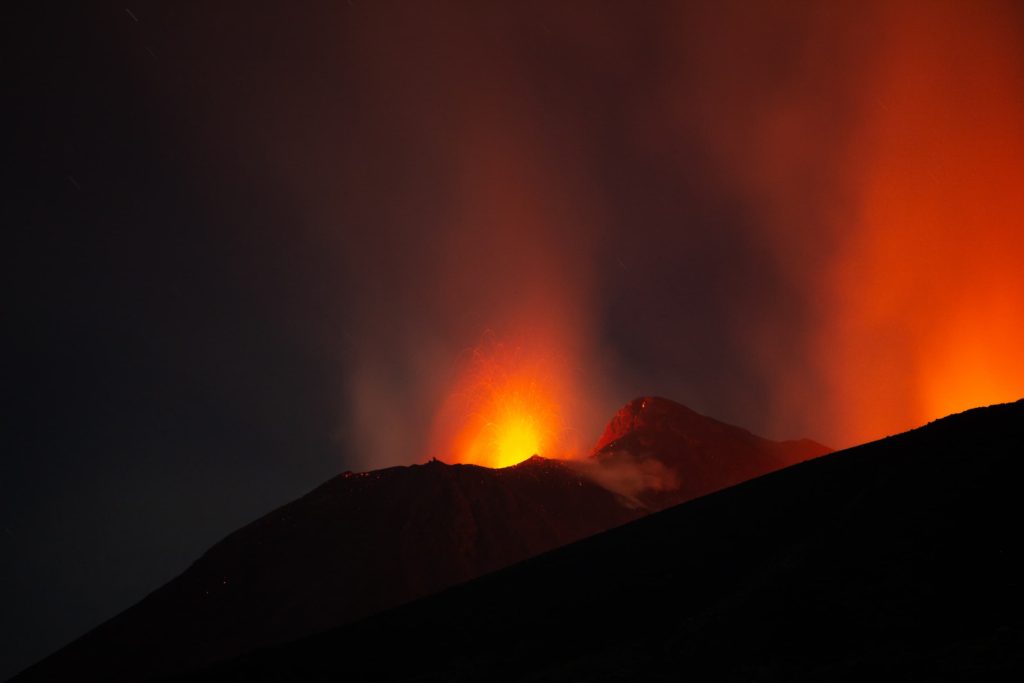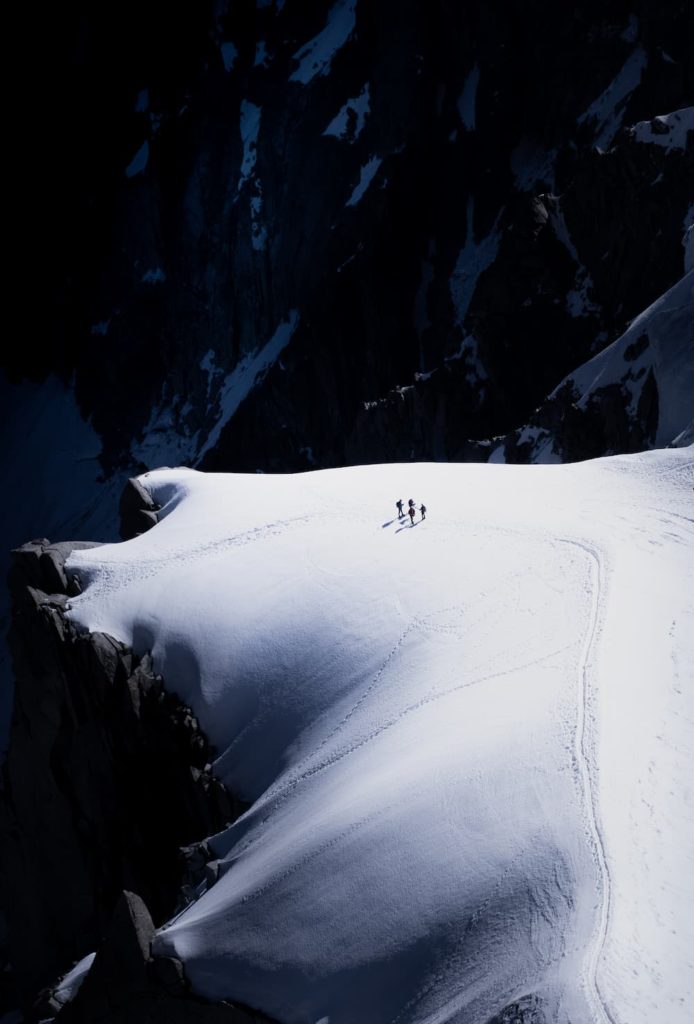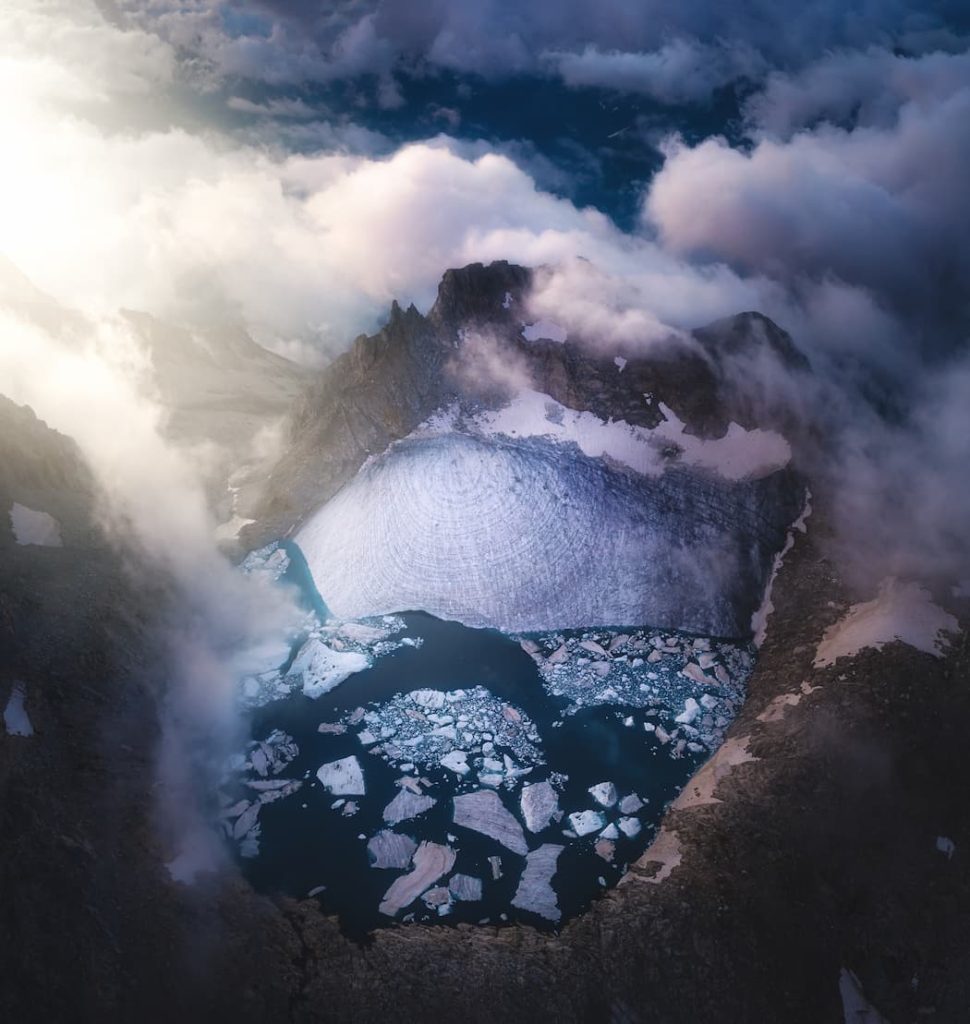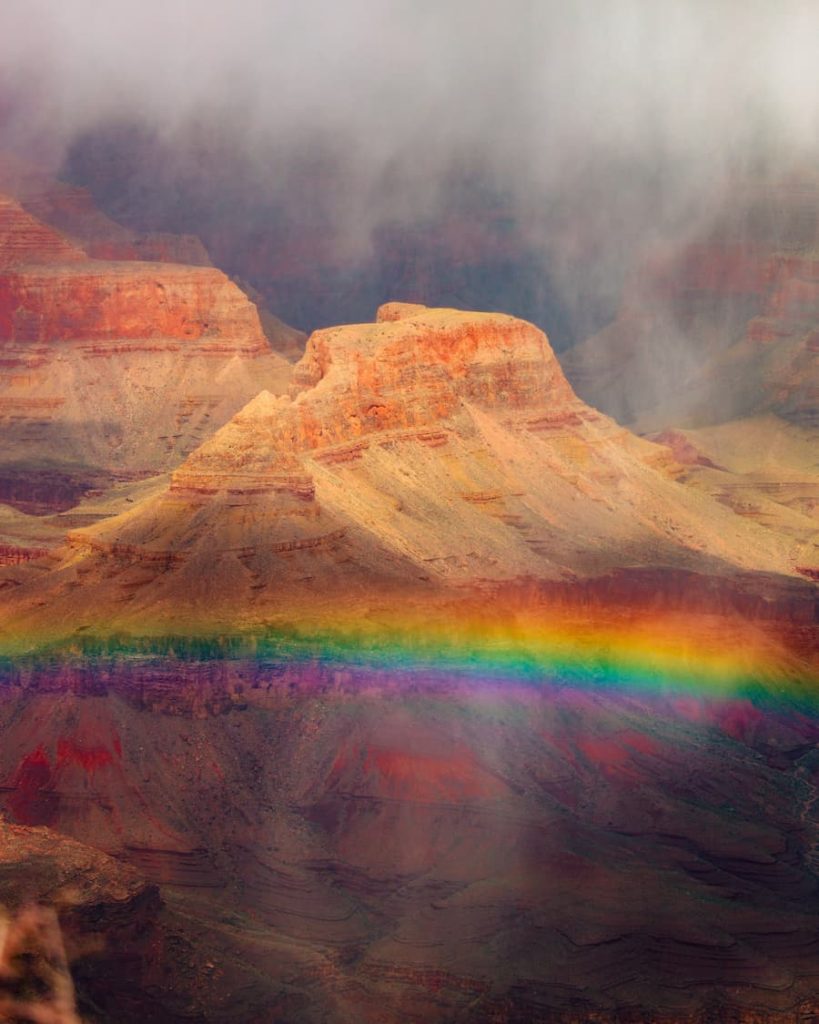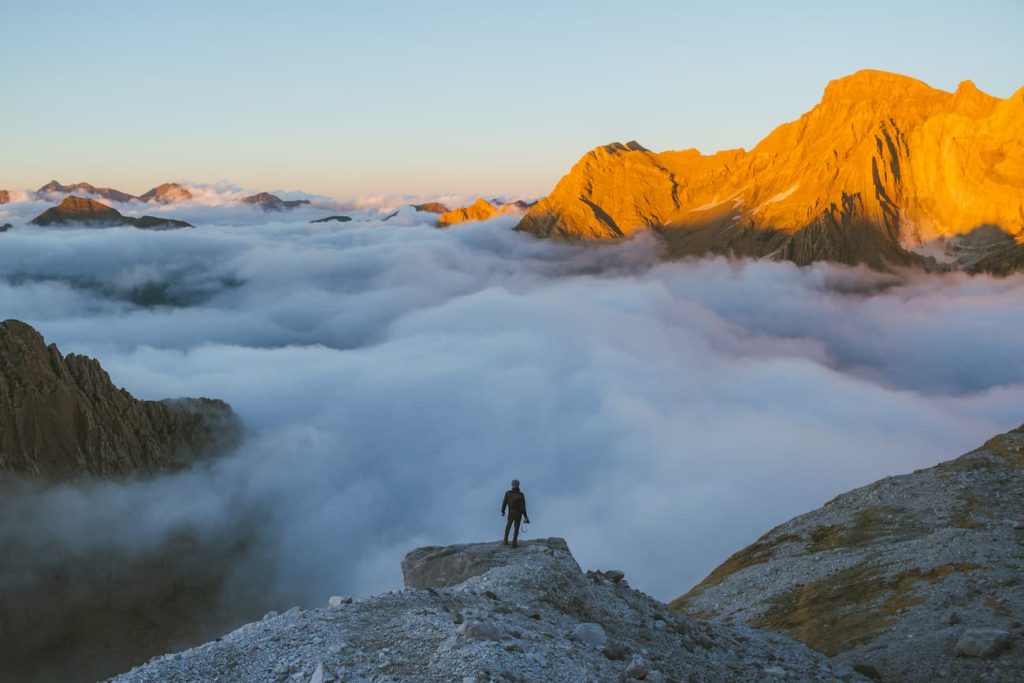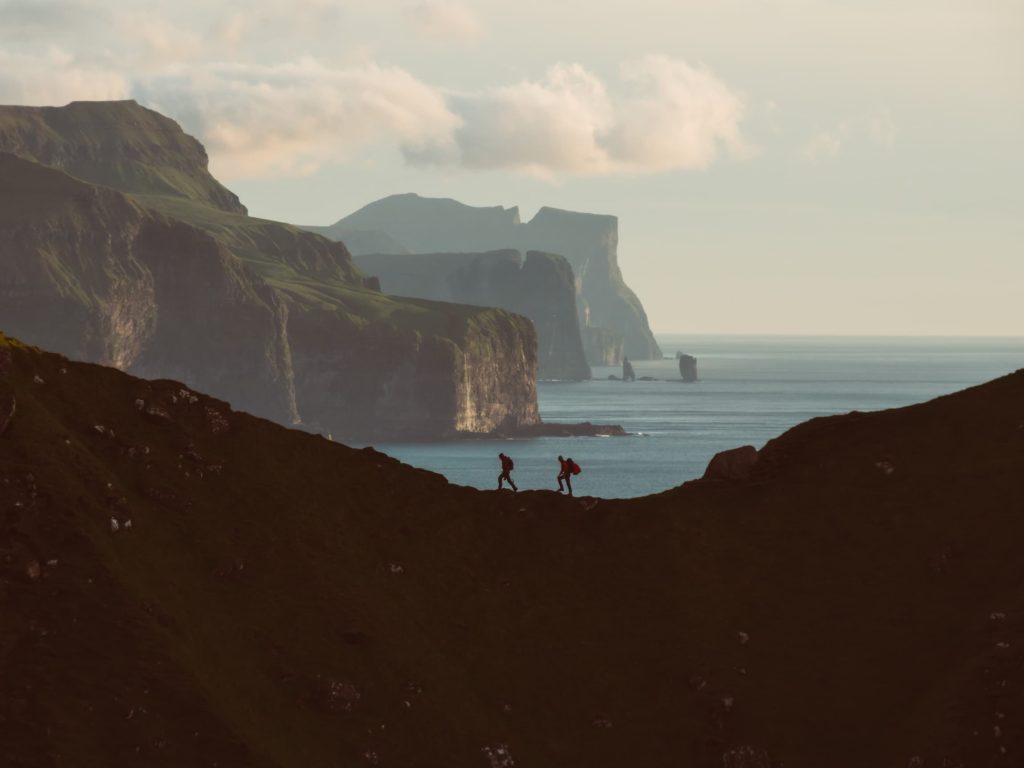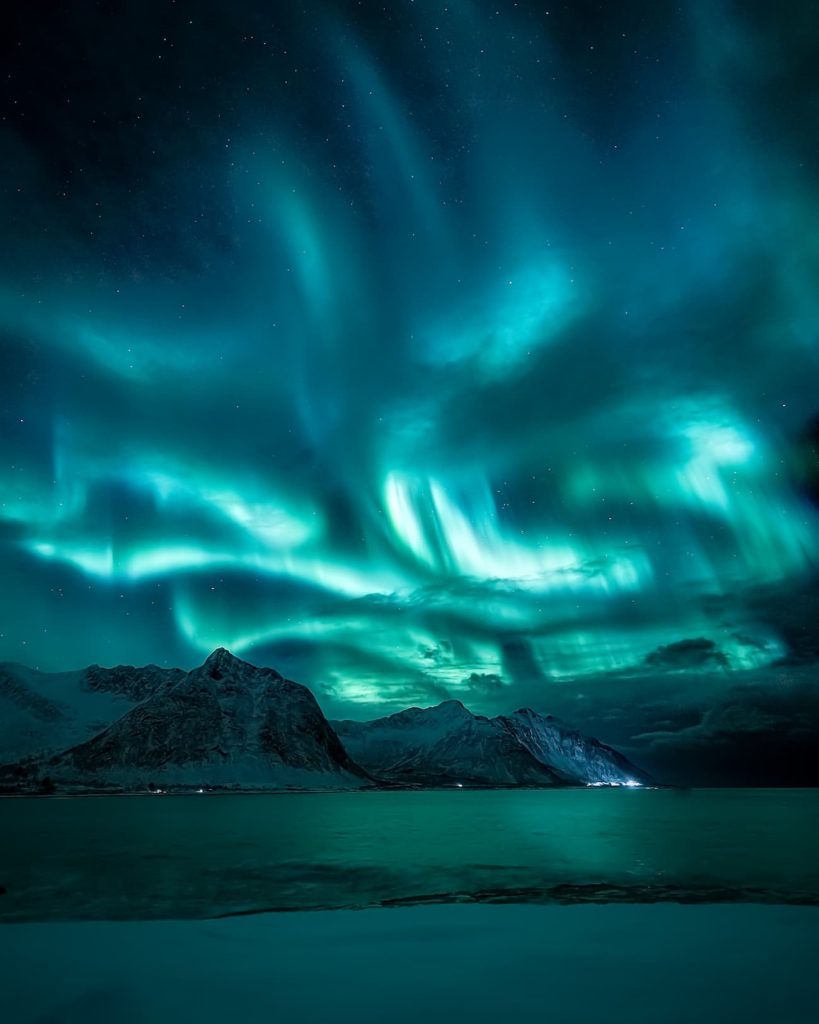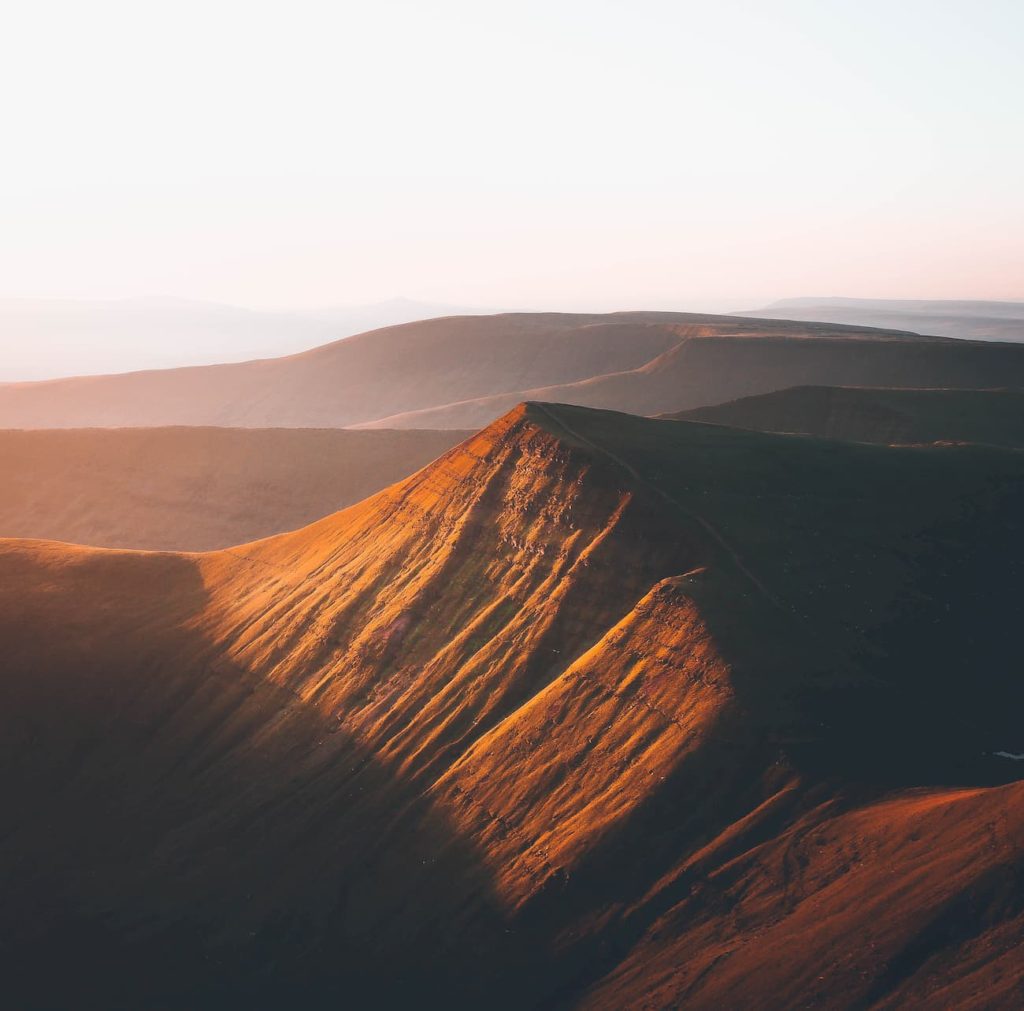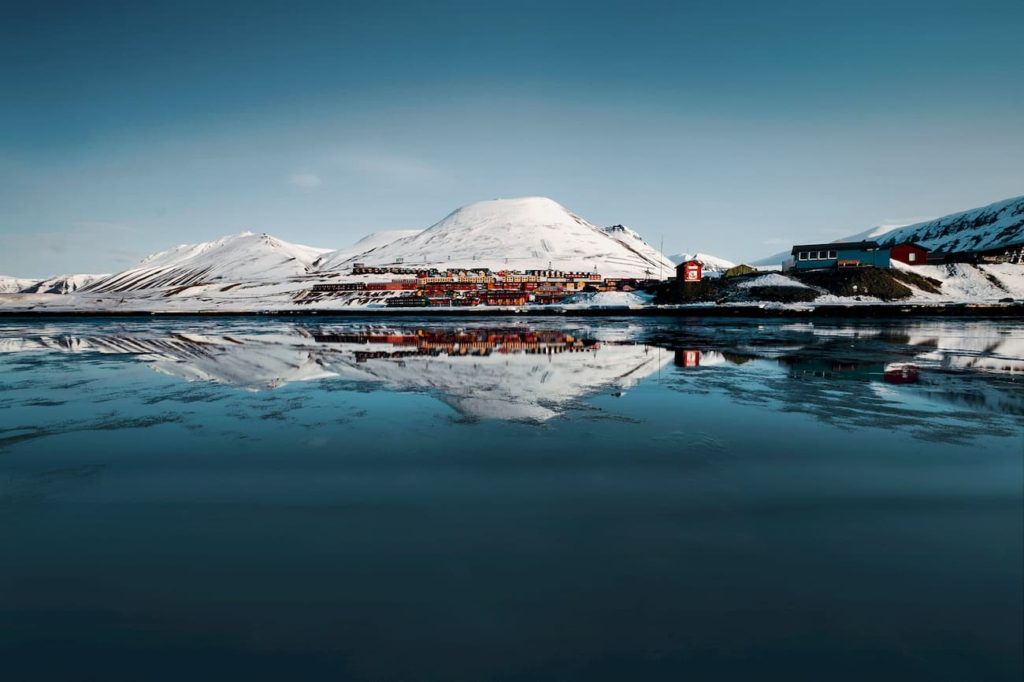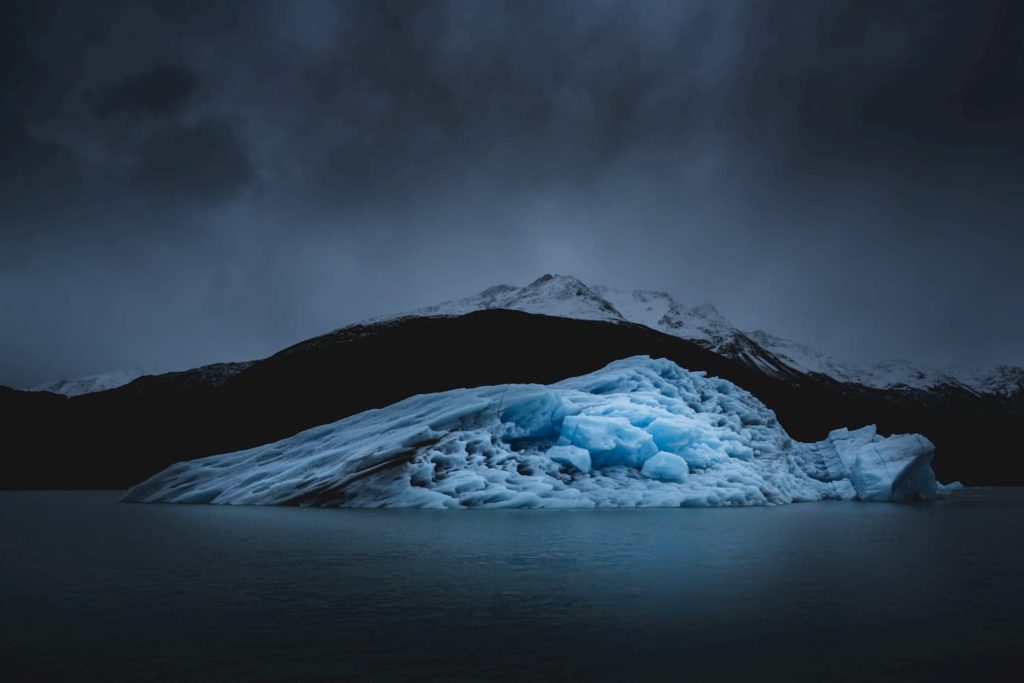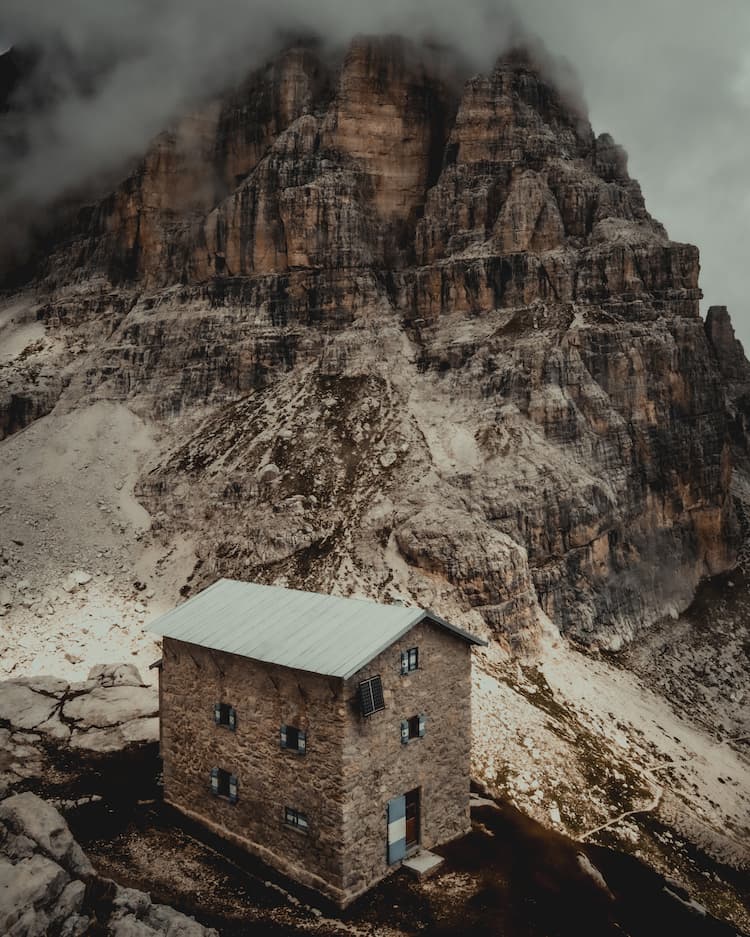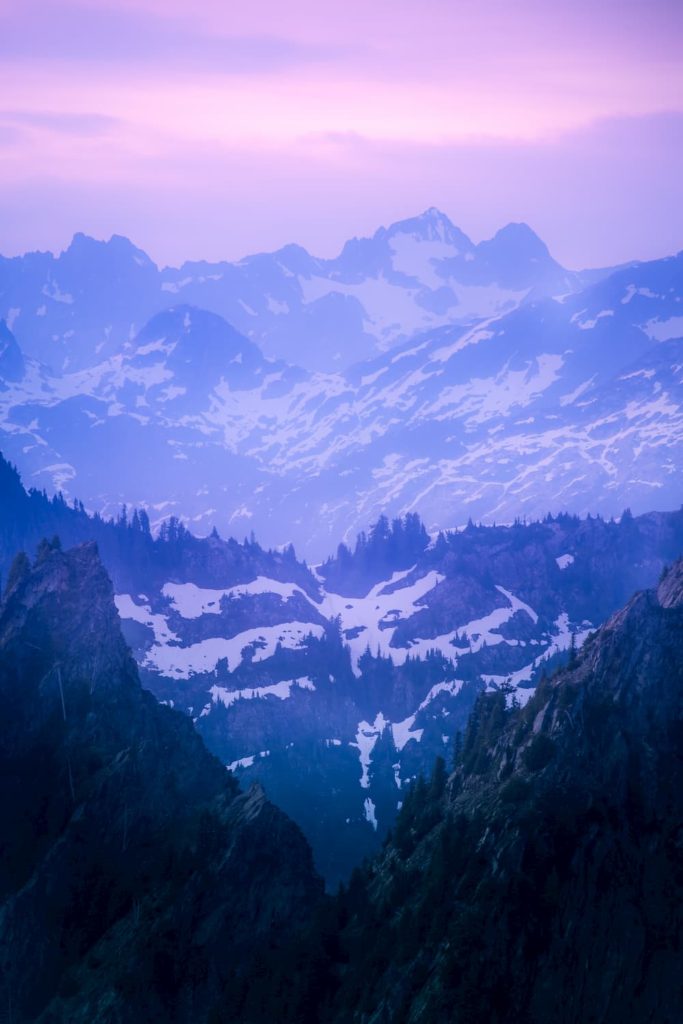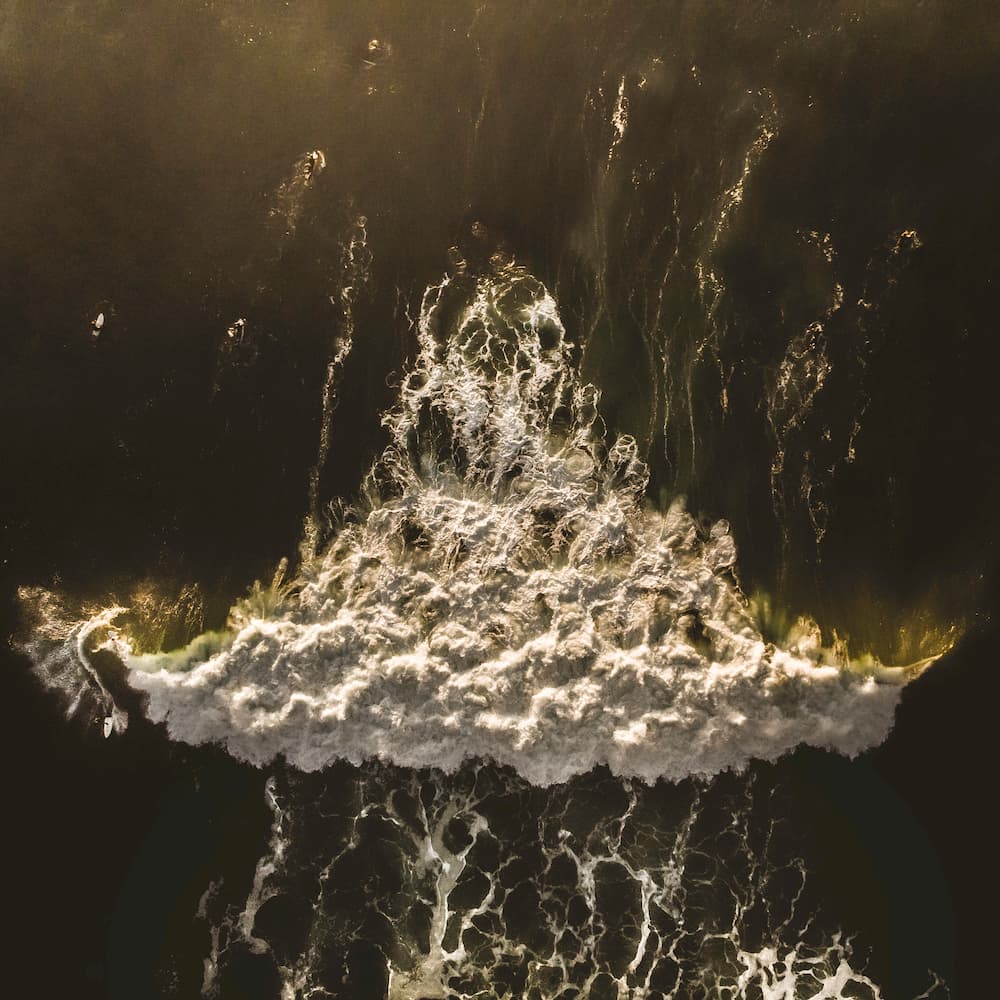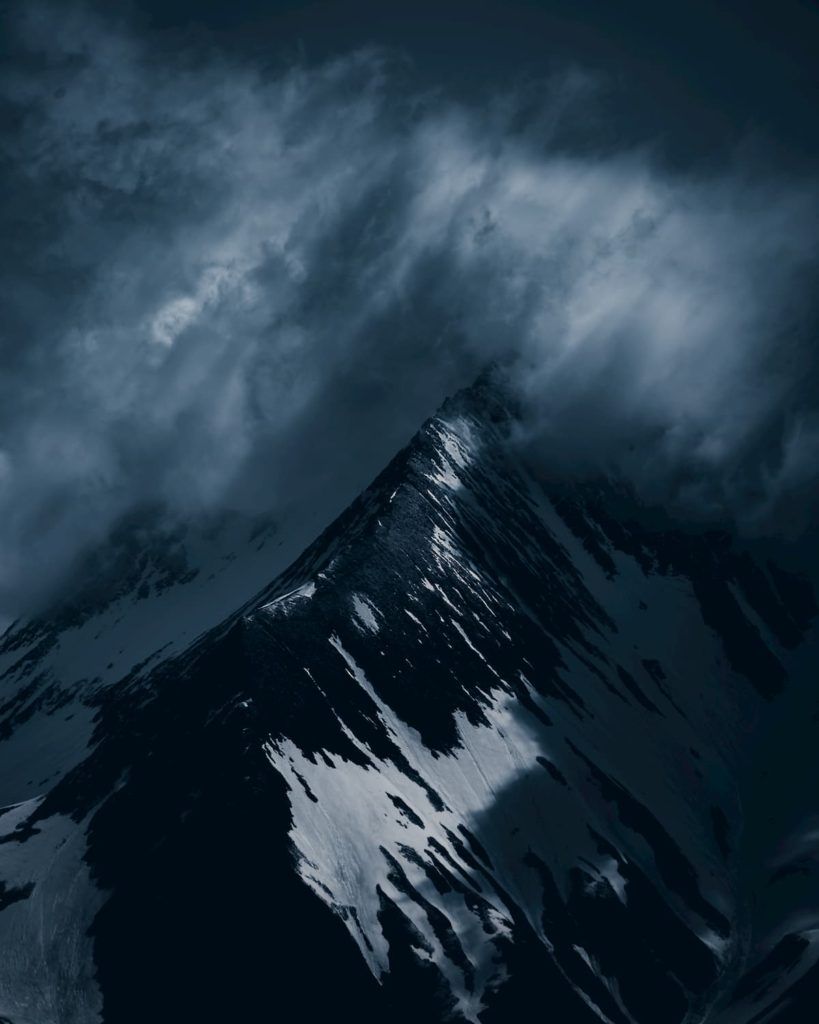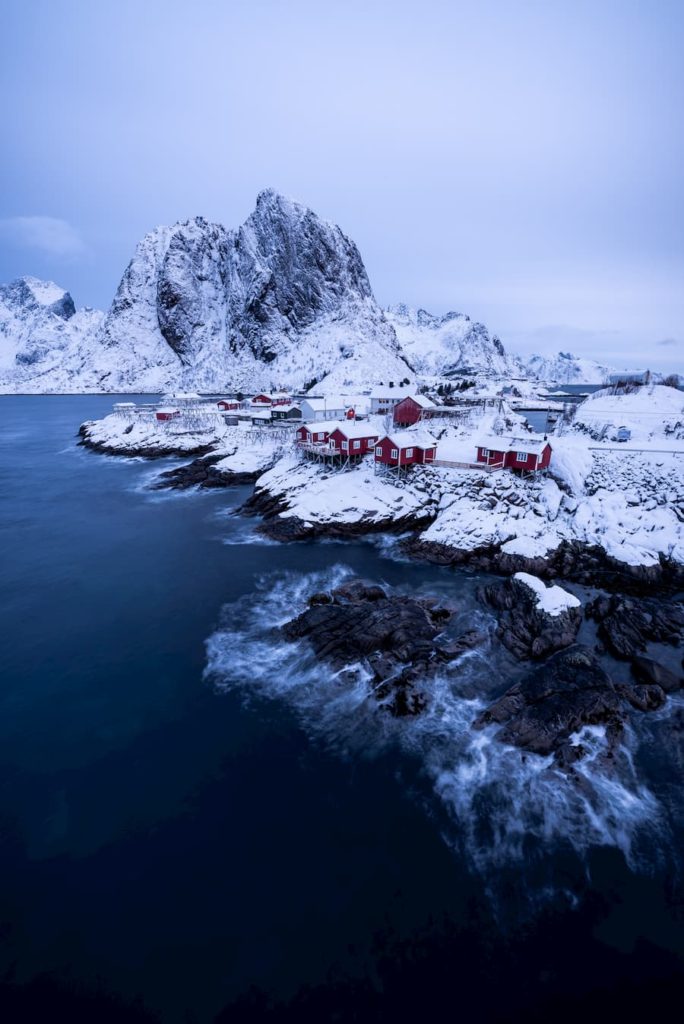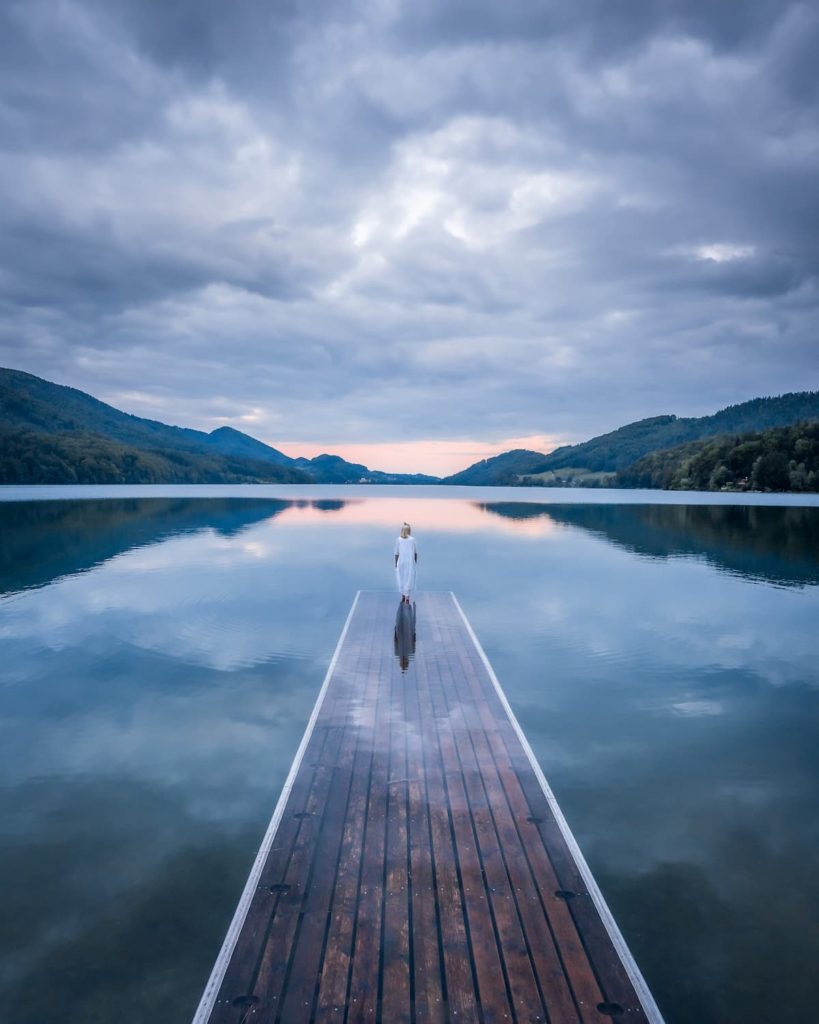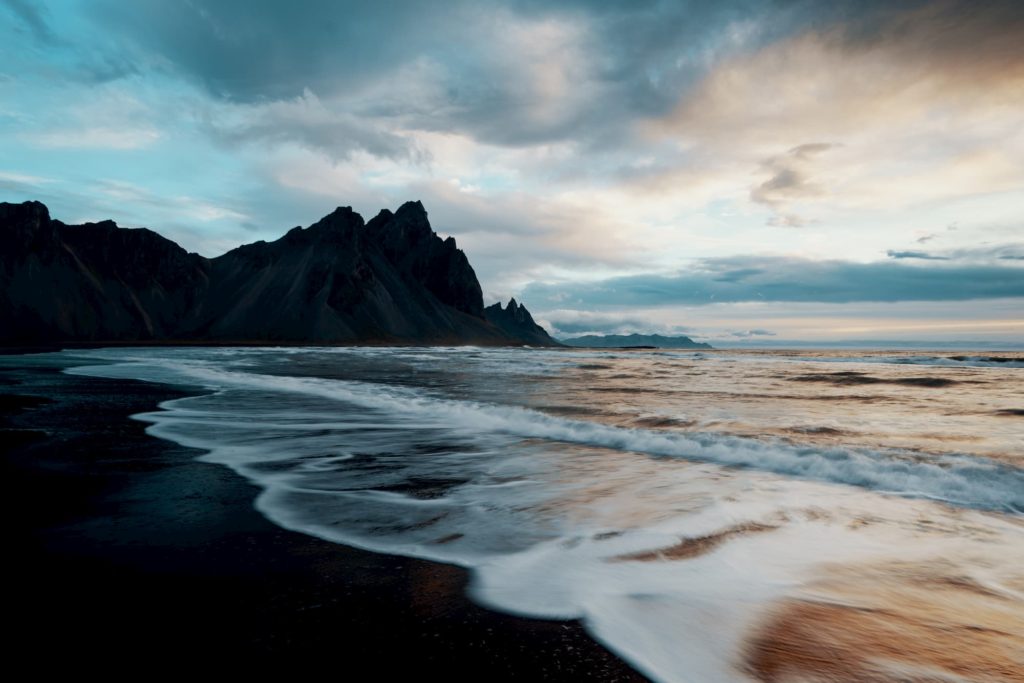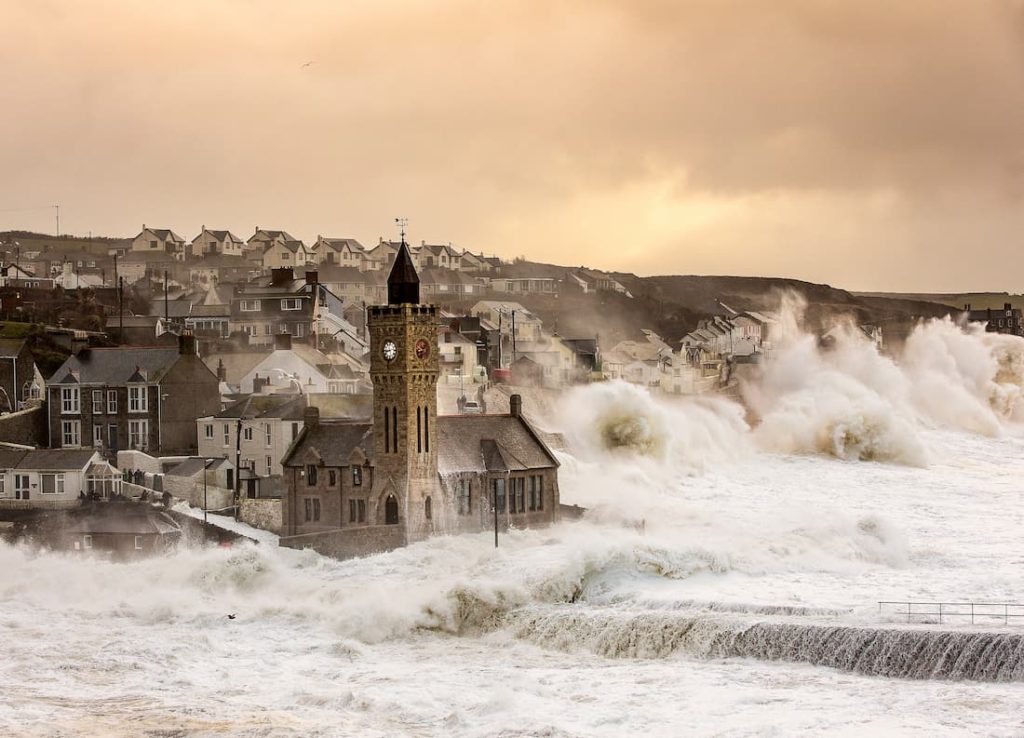
Nadine Galandi
@nadinegalandi_photography
Photographer based in Germany
Already as a child, I was very fond of nature and fascinated by the world, landscapes, and wildlife. In addition, I loved to be creative. I enjoyed painting and drawing, to create beautiful things. And with the camera, there was a technical possibility to capture what I had seen and illustrate my experience in images. This was not so easy at the beginning – photography was analog 25 years ago, and for me as a schoolgirl hardly affordable.
At the age of 14, I got my confirmation, this is a church ritual in the majority of the northern states in Germany. This ritual has – besides the tradition – a big advantage because as a gift you get money. This money was used by most teenagers to buy a music system (there was no Spotify or Netflix in the 90s) or to get a driver’s license later on. To the astonishment of my parents, I used this money to buy my first analog SLR. Nothing super great, with a standard lens and a telezoom.
"This camera accompanied me for many years and I photographed as much as I could afford in development costs for the pictures."
After school, I chose a “reasonable and trusted” field of study and became a biochemist. I did my PhD in a biomedical field, was a professional athlete in rowing, and was really a bit short of time. Hence, my camera was in the closet for a long time. When one of the first digital cameras came on the market, I bought it because a long stay in Vancouver organized by the university was coming up. On that trip, I rediscovered my old passion. I bought a tripod there and had my first experience with shooting long exposures.
A little later, I also participated in some kind of photography training course in the Alps. Actually, I thought I knew how to use my camera and then had to learn that I was a total beginner. This was all about nature photography and producing stunning, beautiful images. Spurred on by the experience that I needed to learn a lot, I then enrolled in a weekend seminar at the OstkreuzSchule in Berlin. We met every month on a Saturday. Here the focus was on reportage photography. A whole different genre, a whole different set of goals! I got confused, what makes a good picture now?
"Only gradually I learned that every photographer interprets art differently. That everyone has a different style and creates different pictures. And that it is perfectly ok to find and follow my own style."
"Only gradually I learned that every photographer interprets art differently. That everyone has a different style and creates different pictures. And that it is perfectly ok to find and follow my own style."
After finishing my PhD, I joined a large international consulting firm. I did a lot of calculations, analyses, and many, many hours of client work. Again, I had little time for photography and my camera ended up in a dusty corner for a long time, until about five years ago. I was accepted into a coaching program as part of a talent program related to my job as a consultant. While working with the coach, it became very clear to me that something was missing in my life. Creativity. Time in nature. Walk in the rain, in the storm. Challenging hikes. Moments in solitude. So, very slowly, I started to photograph again. First only on vacation, together with my husband, which then developed into something more serious.
Now, I go on vacation to take pictures, the route depends on the weather forecast and the tides, and the times of getting up are determined by the sunrise. However, in the beginning, I never dared to show the pictures to third parties. It was only when my friends and family showed my photos to “real” photographers that conversations started. Some photographers looked at my style and helped me professionalize my photo editing. I learned a lot!
I have loved to travel since I was a teenager. Seeing the world and exploring foreign countries has always had and still has a feeling of freedom connected to it. I feel awe for this world. Traveling and especially backpacking or hiking in nature is a privilege; you need the resources to be able to do it. This can be money, but also energy, physical capability, time, or courage.
Besides, when traveling you also need to deal with confrontation, uncertainty, differences, and culture clashes. As an example, I went with my husband in a camper through southern Africa (Namibia, Botswana) twice. Occasionally we stayed in lodges, but most of the time we stayed in our campervan. We found the people in both countries incredibly friendly and very appreciative of foreigners. However, I will never forget a hike guided by an African guide. Our conversation showed how big the cultural difference is, how little people from other countries sometimes know about each other’s culture, and how hard it is to put ourselves in someone else’s shoes. Travelers are often on the road with false assumptions and conversations with locals make you aware of that.
The guide knew English quite well, we were chatting and he told us about his family and the problems they have with keeping livestock due to the lack of water. He then told how much (or little, from my perspective) milk their cows give and that they milk the cows by hand. Since I grew up on a farm, I could tell him how much milk cows give in Germany, how they are milked, and where they are held. He was amazed. It was very quiet for a short while and suddenly he said with a louder voice: “building houses for our cows?” He was surprised and felt it was a waste of resources. Having gotten to know the context of the situation there, it made total sense to me. However, he didn’t know the German context, so I tried to explain it. During this conversation, although it had been friendly, I noticed very clearly how far apart we are after all. Not because we look down on the other or do not respect each other, but because we simply know far too little about each other!
"It is very interesting to analyze conversations and think from what position/perspective their answer or interpretation comes. There are some very good and surprising lessons hidden there!"
If you ask me, interaction with local people in a for me foreign country is one of the most special and curious things ever. Similarly, in Iceland, I was so warmly welcomed by the locals during the pandemic. A woman even hosted me in her summer house when I realized I couldn’t move into my hotel as it was all dark and closed. Never had I felt so home at a stranger’s place where I wasn’t supposed to be. I got to know a country completely different from pre-covid time and went back as soon as I could. An otherwise crowded country with lots of tours running every day now radiated a much more calm, peaceful feel. I stayed for over two months that time – A whole new experience! Then, a few weeks after I had returned to Germany, the volcano erupted.
One of the photos I took of the eruption is my all-time favorite. It shows the volcanic eruption from an elevated mountain. It was such an incredibly beautiful and impressive experience. And I am so pleased with myself that I dared to go again while I had just arrived back in Germany. Once again into quarantine, the fear that the access to the volcano would be closed, following the adventurous way to the eruption site, and the uncertainty that the volcanic eruption would even stop (in April nobody suspected that the volcano should be active until autumn). But the light, the play of colors, the smell of sulfur, the rumbling and hissing of the earth…it’s been all worth it!
"Now, whenever I doubt something while my intuition screams to do it, I think about this moment and remember to listen to what my body tells me."
"If I want to show how gorgeous the world is, the power of nature, and the enchantment of what surrounds us, I have to be out there to see it myself."
I want to make people realize how we so often underestimate this power and beauty, and how we, unjustified, believe that we can put ourselves above nature. Many people do not even know how beautiful it is “outside”! Like this, it is very complicated to get them to understand why they should make an effort and adopt a sustainable way of behaving/living. In my university times studying biochemistry, I learnt a lot about all the details and how the biological systems work. This made me understand very well how vulnerable our earth and an ecosystem is, and that there is no question whether small changes are effective – If we are changing only one factor a little bit, we change the whole story. Personally, I try to live as climate-friendly as I can and our house is solar-powered.
"Yes, I fly to my photo destinations, but with the consciousness that it is pure luxury and while having habits that hopefully compensate for those flights, at least partly."
In my photographs, I try to emphasize both the real and dreamy sides of the earth, the power, and the vulnerability. I think my images also express, somehow, my longing for these beautiful landscapes, my love for the forces of nature, and my urge for freedom and solitude. It is so gratifying that by expressing my sincere experiences and emotions through photography, I can hopefully move other people, make them feel, educate them, inspire them – do something good for the planet.
Would you like content like this sent to your inbox?
NOMADICT
ART GALLERY
THE LATEST STORIES
WRITEN WITH PASSION TO INSPIRE YOU
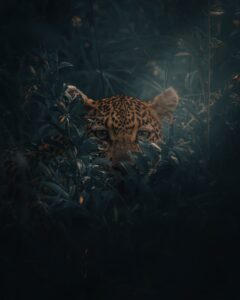
Andy Rider (@andyswildlife): Best of the Week 2 at #nomadict
Andy Rider is a passionate wildlife photographer and filmmaker based in South Africa, dedicated to capturing the raw beauty of nature while raising awareness about conservation. Inspired by legends like Steve Irwin, his journey began as a field guide, where he honed his skills and developed a deep respect for ethical wildlife photography.
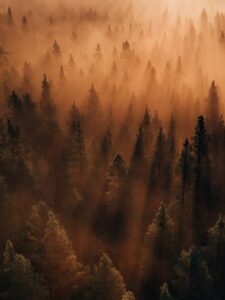
Philipp Pilz (@buchstabenhausen): Best of the Week 43 at #nomadict
In this article, photographer Philipp shares how time, clarity, and consistency have shaped his evolving relationship with nature photography. Drawn ever further north, he writes about embracing uncertainty, working with restraint, and finding beauty even when plans fall apart — including the unlikely story behind his Best of the Week–winning image.
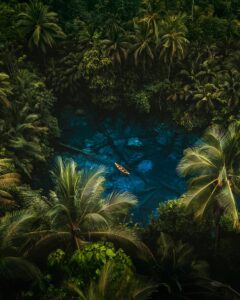
Tom Fähndrich (@tofenpics): Best of the Week 47 at #nomadict
Tom shares the journey behind his winning photography, from a passion for exploration and remote places to field lessons, composition choices, and color grading.
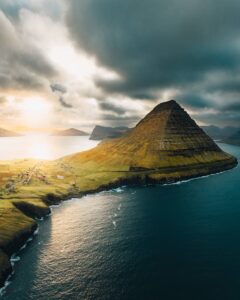
Photo tour in the Faroe Islands
Join us in the Faroe Islands for a unique photo tour, where you’ll elevate your creative skills with expert guidance from Ronald Soethje and Nomadict.
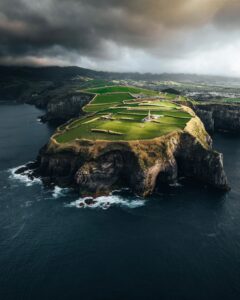
Photo tour in Azores, Portugal
Join us in the Azores for a unique photo tour, where you’ll elevate your creative skills with expert guidance from Ronald Soethje, Bruno Ázera, and Nomadict.
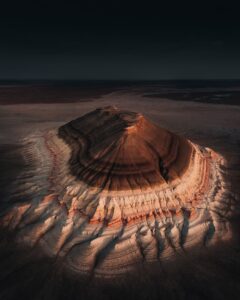
Forest Kai (@forest1kai): Photographer based in the US
In this article, Forest shares how years of chasing scale, silence, and raw landscapes shaped his approach to photography, from the deserts of Kazakhstan to the volcanic ridges of Iceland. He talks about how he uses light, texture, and vast negative space to create images that feel both intimate and overwhelming.
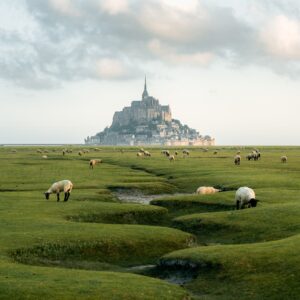
Simon Hechtbauer (@roamwithsimon): Best of the Week 32 at #nomadict
Simon shares the journey behind his photography, from early inspirations to field techniques, editing, and the story of the winning shot that shaped his path.
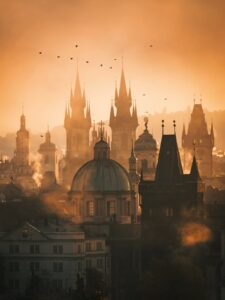
Miroslav Maršík (@miromarsik): Photographer based in Czech Republic
In this article, Miro shares how his love for cinematic music evolved into a deep passion for photography and how he uses light, color, and atmosphere to turn the streets of Prague into living film scenes.
